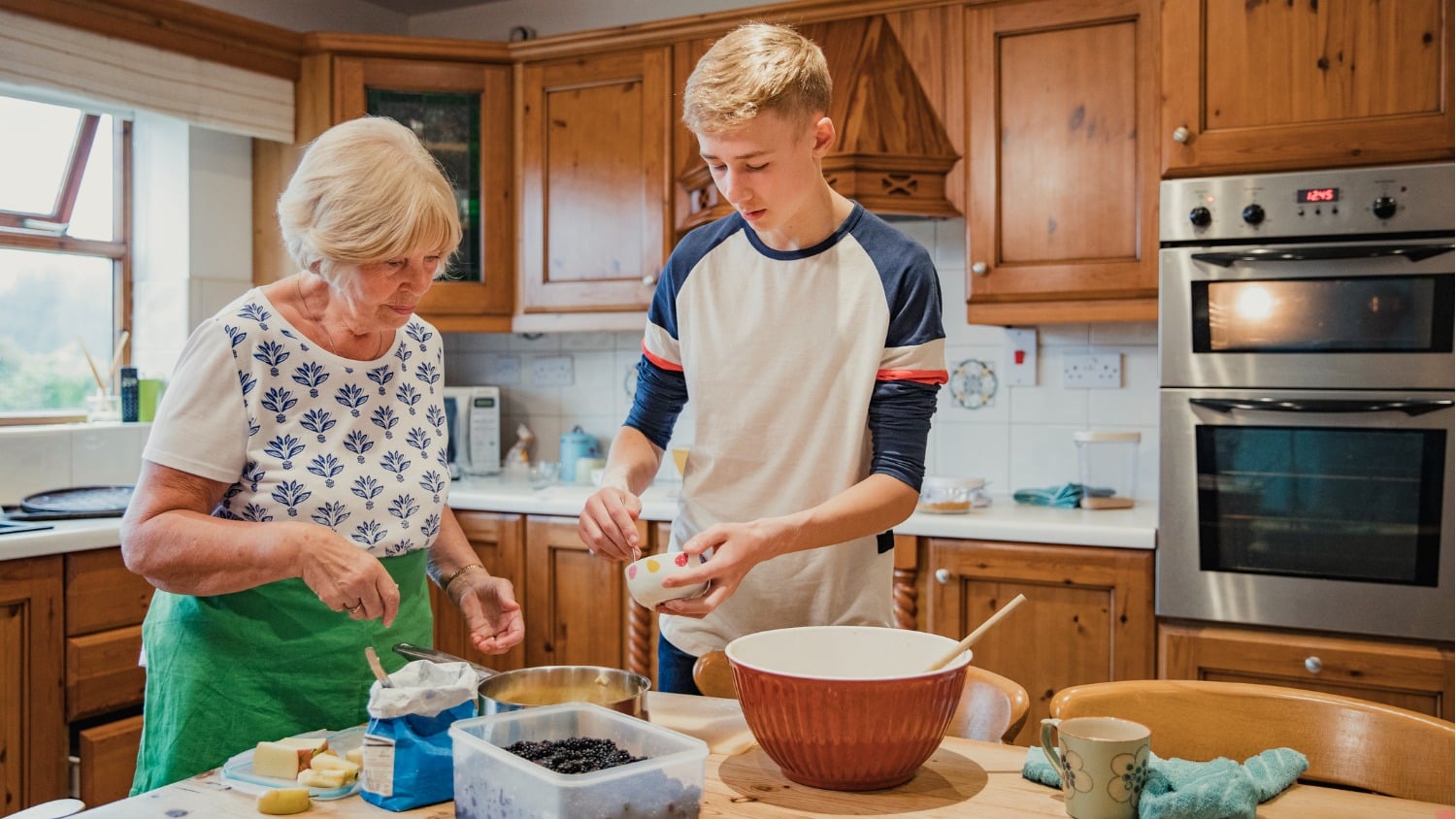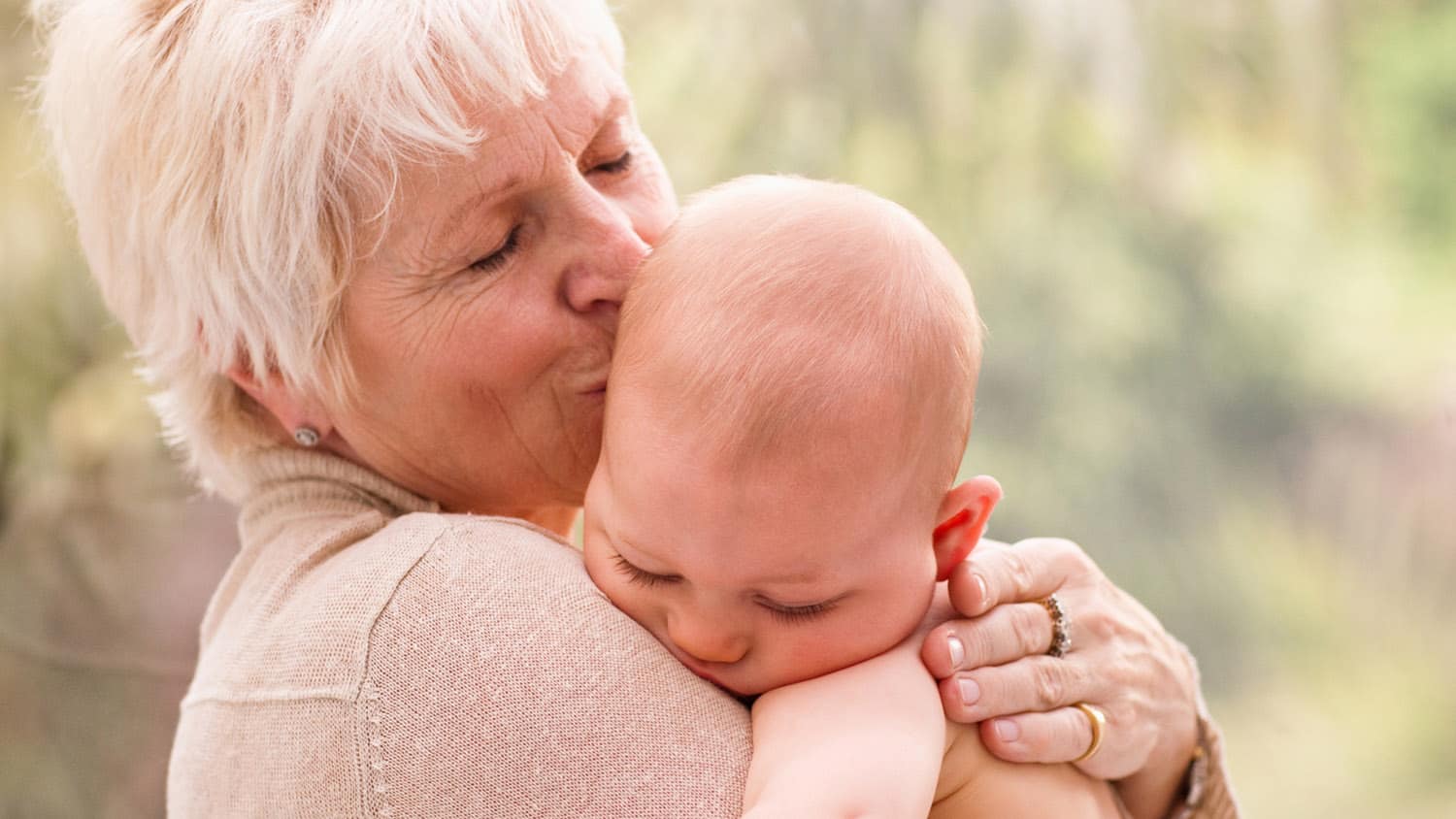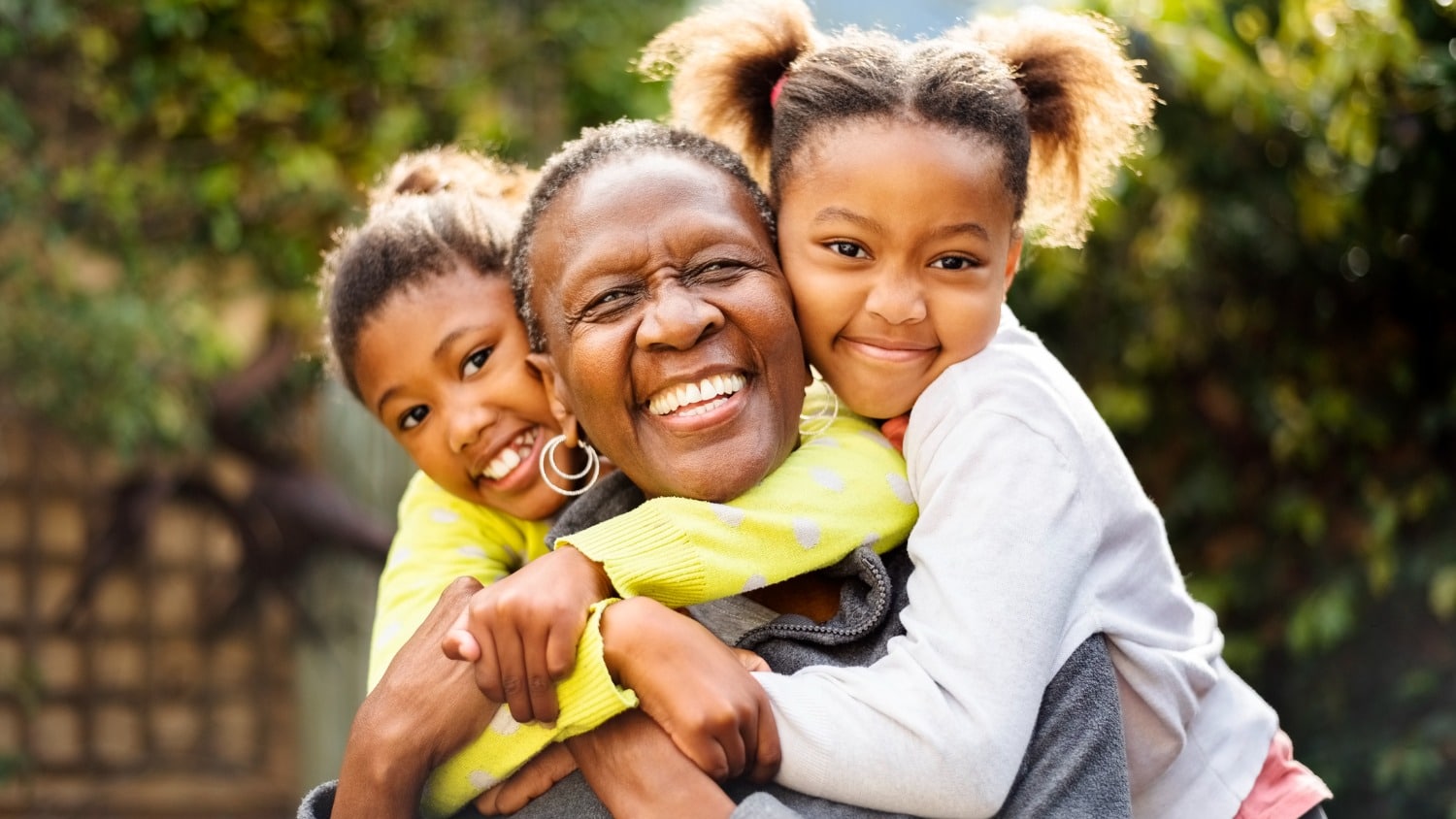
The Interesting Experience of Having Teenage Grandchildren
It all starts with a baby. A sweet helpless and very loved bundle of not-yet-known-but-absolutely-expected joy. You held that baby and felt the excitement of a new human presence in your life. A grandchild!
Perhaps this feels not that long ago.
And then that baby began to develop. He or she began to crawl and then stand up and toddle (if that is the word for what a toddler does).
And talk. And become a person with a personality, interests, a strength of will – and all the time bringing even more love into your life.
That adorable child grew some more, and, with luck, you had a lot of fun in the park or just talking and teaching him or her all sorts of things about the world.
It was delightful. You re-lived the pleasures of having small children in the house. Each week – or even each day – you heard about what they were doing, their ups and downs, their development.
I found this stage so interesting that I wrote a whole book about it.
Well, you know the rest.
There was more growing – and before you could say “sweet-sixteen-and-never-been-kissed,” you found yourself with a teenager.
Perhaps more than one.
The Teenage Years
Teenagers can be adorable. They can be easy-going, cooperative, easy to please and always polite.
But they aren’t usually any of these things.
It happens slowly. You first learn about the problems from one of their parents – your son or daughter.
They tell you about the grumpiness, the talking back, the contrariness, the confusions. Ah yes, you think, I remember it well. Only the last time, it was your own child, perhaps the very person telling you about it all. Or a sibling.
You are much more sympathetic now. You reassure them that it is just a stage – an annoying one, of course, but it won’t last.
And then the grandchild in question visits you. That eager nine- or 10-year-old is suddenly taller than you, scruffily dressed and altogether awkward.
If it is a boy, there are signs of a growing moustache. If it is a girl, there is probably some make-up.
It feels like another person altogether, albeit with some familiarity. You know this person, but you don’t know him or her so well. There are definitely changes.
You need to find new ways of relating to them.
The Good News
Well, you may remember dealing with teenage offspring with less than positive thoughts, but in fact it is entirely different with grandchildren.
Their need to expand, to argue, to find themselves through a constant contrariness does not extend to you. These attitudes are primarily directed to their parents – and sometimes their teachers.
You are the good guy, the port in the storm – and they have no wish to lose your favour. They come to you to display their new achievements with pride, while being cossetted at the same time.
In other words, your home is the place to relax from all the pressures elsewhere.
And, therefore, relating to them is not so hard at all. You may not like their hair. Or the nose stud or worse.
Or the sloppy way of talking – perhaps too quiet, perhaps too loud. Or the words you don’t have a clue what they mean.
But if you can overlook these matters as a temporary aberration, you will find the same loving children underneath. They may even become more polite to you.
And Even Better News
And unless you are very unlucky, you may see the growing signs of the adults they are to become. Their personalities are becoming clearer, emerging from the slightly blurry images from their childhood into much more delineated pictures.
Such personalities may be of any type, of course. Perhaps he or she is funny. Perhaps they are athletic. Or musical. Or academic. Or withdrawn, which is always difficult.
They may be becoming interested in some issues, and you can talk about them. Perhaps they like movies and you can talk about that. Or politics. Or something else altogether.
It can be really interesting to see these different personalities and interests at their formative stage. You may even be able to help them somehow.
Perhaps he likes to cook – you could show him a new recipe. Or she likes to sew – you can show her a new stitch. Or they have some fascination or other. You might know someone who could talk to them about it.
That is the beginning of a long-term friendship with a growing adult. And it is that adult that they have been building up to all the time.
A real pleasure.
Do you have teenage grandchildren? Do you talk to them? What interests them the most? What do you find fascinating about them?
Tags Grandchildren







I am 61 and have a teenage son, kinda passed over the generation inbetween. The advantage is that with age my husband and I have gained perspective, so we find it easier to weather the storms as he finds himself. For him though, its a bit tougher – we don’t ‘shock’ like most of his peer’s parents do. LOL
My granddaughter that I spent so much time with as a child is almost 17 now. She has a boyfriend and a job and is such an amazing young woman now. I’ve missed that young girl though that would come play here for hours or we would camp on the patio! Last night she walked in my house with a couple American Dolls in her arms and smiled and said Hi Grandma! For a minute, it was like someone opened a curtain and let me see that little girl from a few years ago! She used to bring them over to play with me. Now she wants me to keep them safe for her children. I’m so lucky to be her Grandma!